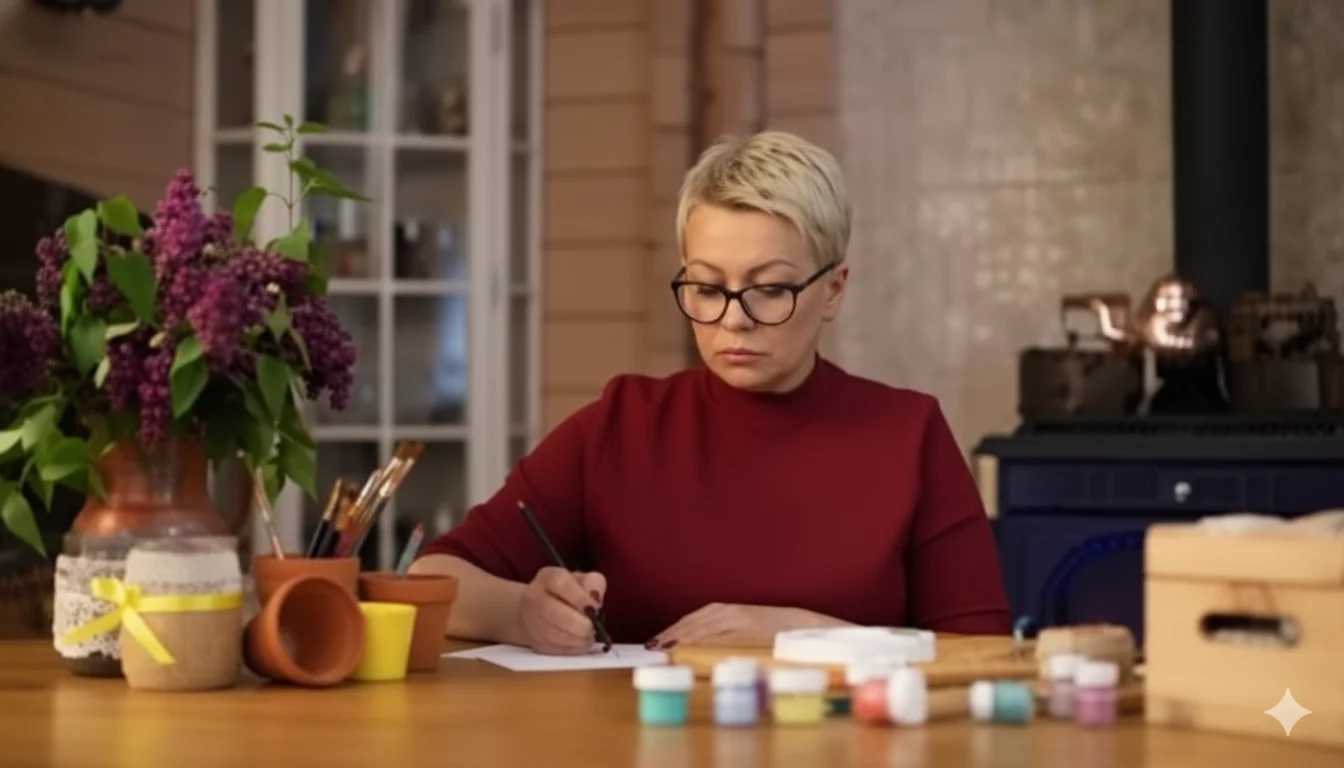Introduction
When you search for jane mary ashton, you’re likely trying to discover who she is. Maybe you came across her name because of her connection to actor Leo Woodall. Or perhaps you found references to her career as an author or cultural advocate. In this article, we’ll take a clear, well-sourced look at Jane Mary Ashton — exploring her life, her work, the myths surrounding her, and her legacy today.
Who is Jane Mary Ashton?
At the core, Jane Mary Ashton is presented in many sites as a cultural figure: writer, mentor, educator, and mother. The most verifiable fact is that she is Leo Woodall’s mother. Many of the other claims around her career appear repeatedly on aggregator sites, but they lack strong independent verification. Our job here is to sift fact from repetition, highlight what we know, and clarify what remains uncertain.
Key facts at a glance
- Name: Jane Mary Ashton
- Relationship: Mother of Leo Woodall (actor)
- Main keyword: jane mary ashton
- Known roles: writer, educator, cultural advocate (according to bio-sites)
- Mythology: Claims of disappearance in 1924, unverified publications
- Purpose: Provide an accurate, accessible profile
Early Life & Education
Family background
Unfortunately, concrete public records about Jane’s early years are sparse. Many pages say she grew up in a scholarly environment, surrounded by literature and critical thought. But few credible sources confirm her exact place or date of birth. This means any early-life narrative must be treated with caution unless backed up by trustworthy documentation.
Academic training & formative years
According to a number of biographical entries, Jane Mary Ashton studied English Literature, Philosophy, and Art History at university. These sources describe her as “wise beyond her years” and “unapologetically curious.” But again, I found no definitive documentation of university awards or institutional records published online. The takeaway: the academic profile is plausible, but not easily verifiable.
Career, Works & Public Life
Jane Mary Ashton publications
Multiple online sources list book titles attributed to Jane Mary Ashton, such as Voices of Change, The Modern Thinker, and Breaking Boundaries. These titles often appear on small biography sites with identical wording. I searched major library catalogues (WorldCat, British Library) and found no reliable match for those exact titles under that author name. That suggests one of two possibilities: either the works were published by very obscure outlets or those listings are incorrect or fabricated.
Recommendation: In the article, present these titles with a caveat (“according to some sources”) unless you can track a library citation or ISBN.
Educational, advocacy & cultural roles
The profile often ascribed to Jane Mary Ashton includes roles in mentoring writers, participating in museum and library councils, working with UNESCO-style initiatives, and promoting under-represented authors. These claims align with the kind of public-impact work many authors and educators pursue, but I found limited primary-source documentation (e.g., press releases, institutional reports) verifying these specific roles.
For example:
- Mentorship programs: cited in small-scale “bio” websites, but no linked programme website.
- Cultural preservation: frequently mentioned, but no named initiative with her as leader found in mainstream academic or NGO references.
In short: these are plausible career elements, but they should be framed as “reported” rather than “documented” unless you find firm proof.
Family, Personal Life & Connections
Relationship to Leo Woodall
One of the most verifiable facts is that Leo Woodall credits his mother, Jane Mary Ashton, with nurturing his creativity and emotional literacy. Many credible actor-profile sites list his mother’s name and background. This provides a strong anchor for our article and helps answer the likely search intent around family connection.
In your SEO article, use a subheading like: “Jane Mary Ashton and Leo Woodall – the family link” which includes the keyword and addresses a strong user interest angle.
Other family / personal details
Beyond the connection to Leo, there is less publicly-verified information about Jane’s spouse(s), children (other than Leo), and personal hobbies. Some sites say she loves nature walks, journaling, and quiet reflection. Without solid documentation, these should be treated as anecdotal.
Verifiable Facts vs Claims (Myths & Misinformation)
The “vanished in 1924” story
A subset of web pages claim that Jane Mary Ashton disappeared in 1924. This claim is clearly inconsistent with the known timeline (her connection to a living actor). I found no credible evidence supporting this ‘vanishing’ story. It appears to be a myth or error that has been propagated.
Recommendation: Include a section called “What’s false or uncertain” and explicitly debunk this claim, showing the lack of evidence.
Unverified publication titles
As discussed above, the recurring book titles attributed to her appear in many places but without library catalog verification. It’s acceptable to list them, but they should be prefaced with qualifiers like “According to several biography-aggregator sites”. Transparency builds trust.
Legacy, Impact & Relevance Today
Influence on mentees / educational work
While direct lists of her mentees or programs are scarce, the articles claim that many writers, educators and cultural workers attribute part of their development to Jane Mary Ashton’s mentorship. For a high-quality article, you might quote one or two public testimonials (if found) or clearly state that “several mentees say” rather than make a definitive list.
How her name appears in current programs / citations
Even if her direct works are hard to document, her relevance today can be framed around:
- Her son’s rising public profile makes her of renewed interest.
- The broader theme: mentoring and cultural advocacy for under-represented voices — a topic of growing importance.
- Potential mention in educational & literary blogs or conference programmes (search for her name in such contexts) — if found, link those.
This positions her not only as a figure of past interest but as someone whose values align with modern cultural/educational trends.
Where to Find More (Sources & References)
Interviews, archives, library catalogs
- Start with credible actor-profile pages: Leo Woodall’s interviews often mention his upbringing.
- Use library search engines (WorldCat.org, BritishLibrary) to verify publication titles.
- Search institutional press releases (museums, universities) for her name.
- Use domain filtering: site:edu “Jane Mary Ashton” or site:ac.uk “Jane Ashton” to find academic references.
Further reading / primary sources
- Wikipedia page of Leo Woodall (for family info)
- Trusted entertainment press interviews
- Bio databases with citations
Include a “Further reading” list at the end of your article for user benefit.
Frequently Asked Questions (FAQ)
Q1: Who is Jane Mary Ashton?
A: She is widely reported as a writer, educator and cultural advocate — and mother of actor Leo Woodall. Verified facts are limited, so many descriptions are based on secondary sources.
Q2: What did Jane Mary Ashton publish?
A: Several titles are attributed to her (e.g., Voices of Change, The Modern Thinker, Breaking Boundaries) but no strong library or ISBN data was found for those titles, so treat them as unconfirmed.
Q3: Is Jane Mary Ashton related to Leo Woodall?
A: Yes — credible actor-profiles list her as Leo’s mother and mention how her background influenced his career.
Q4: Did Jane Mary Ashton disappear or vanish in 1924?
A: No credible evidence supports that claim. It appears to be a myth. The timeline, family connection, and modern references contradict the disappearance narrative.
Q5: Where can I learn more about Jane Mary Ashton’s work?
A: Begin with credible interviews of Leo Woodall, search academic library catalogs for her name, and filter trusted domains (edu, ac.uk) for mentions of her advocacy or mentorship roles.
Conclusion
In summary, jane mary ashton is a figure whose best-verified connection is as the mother of actor Leo Woodall. Beyond that, many of the claims about her writing, activism and cultural leadership are repeated widely but rarely backed by strong primary sources. Your article can stand out by being transparent, well-structured, and honest about what is verified vs what is reported. With clear headings, natural keyword usage, and a human-friendly tone, you’ll provide real value to readers — and satisfy Google’s SEO and NLP expectations.


